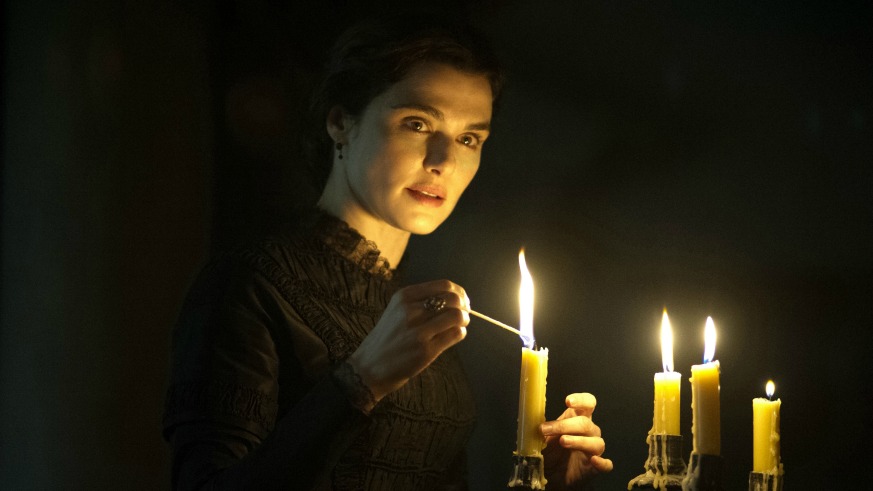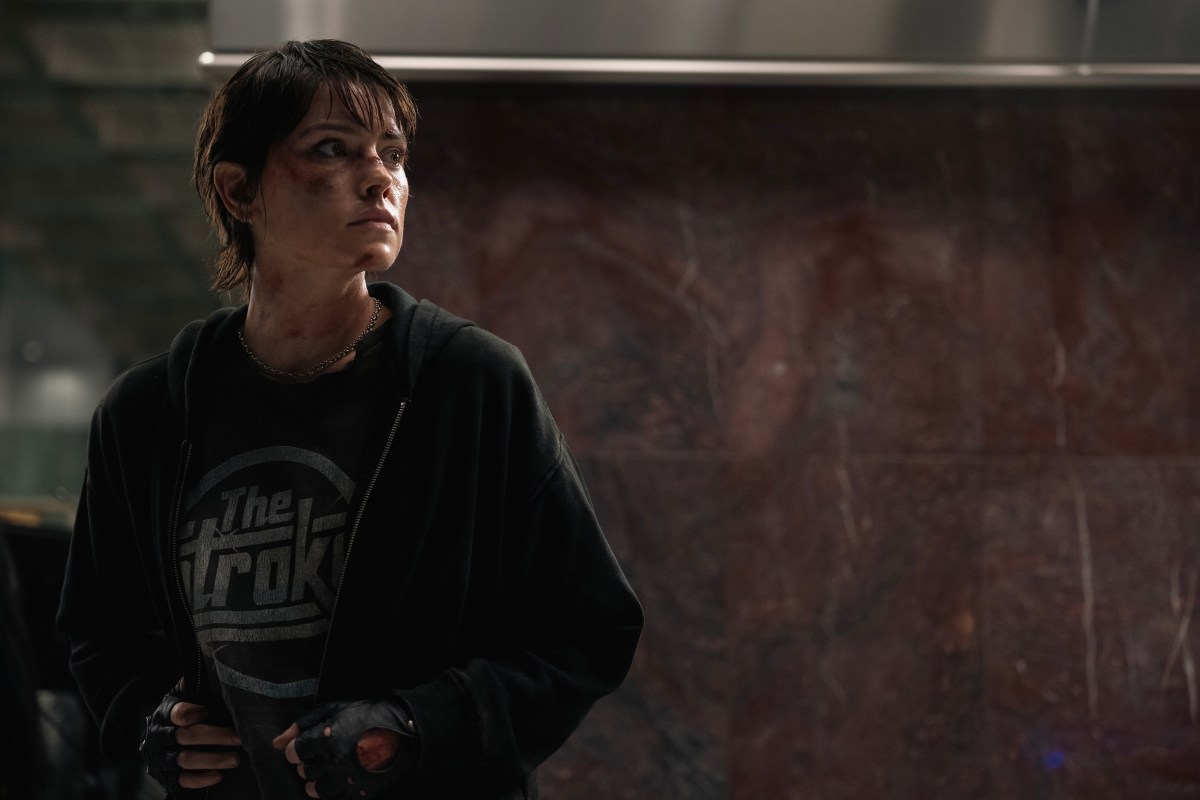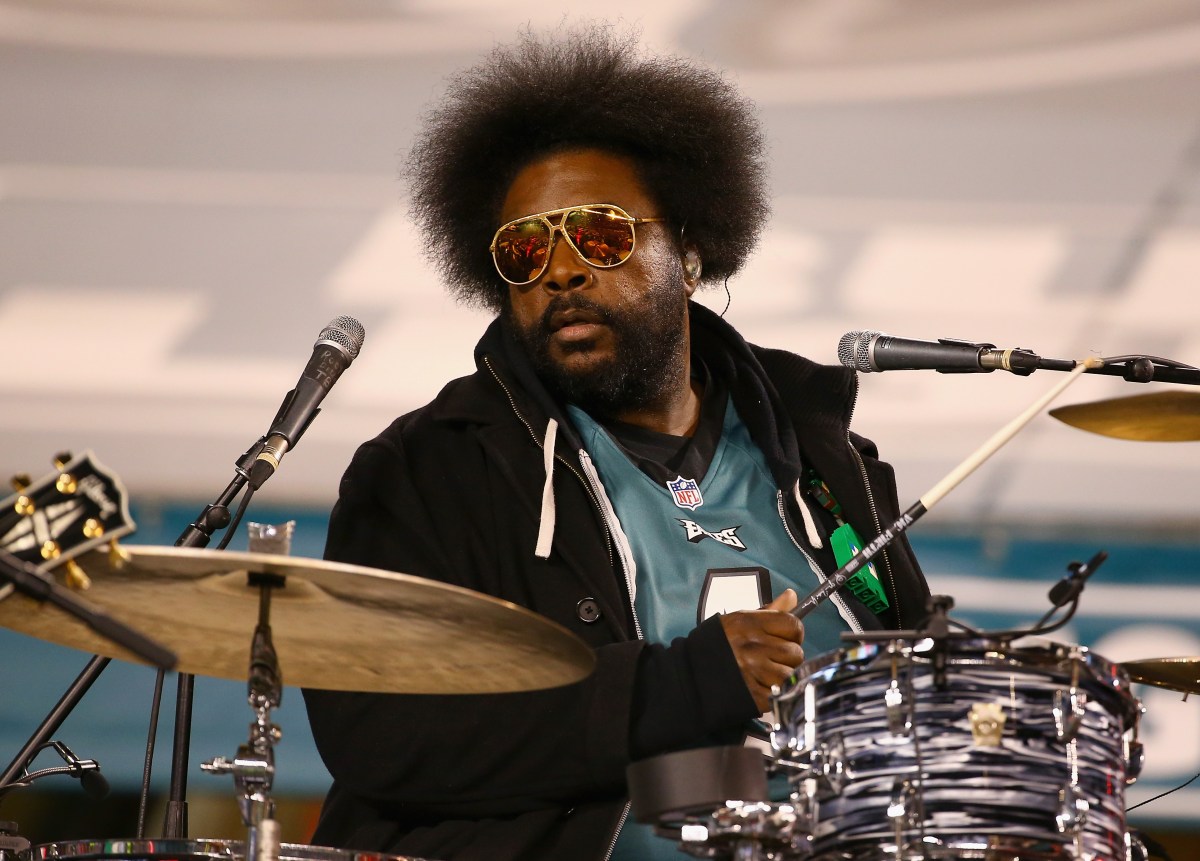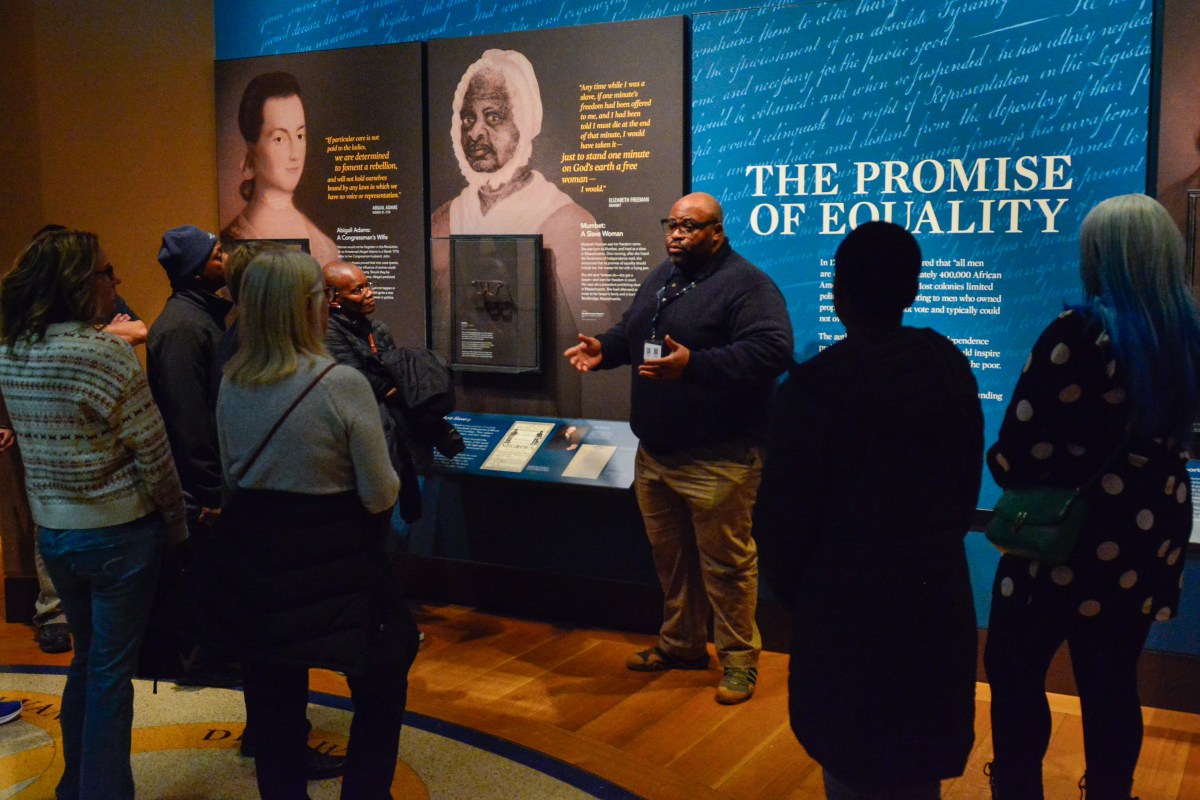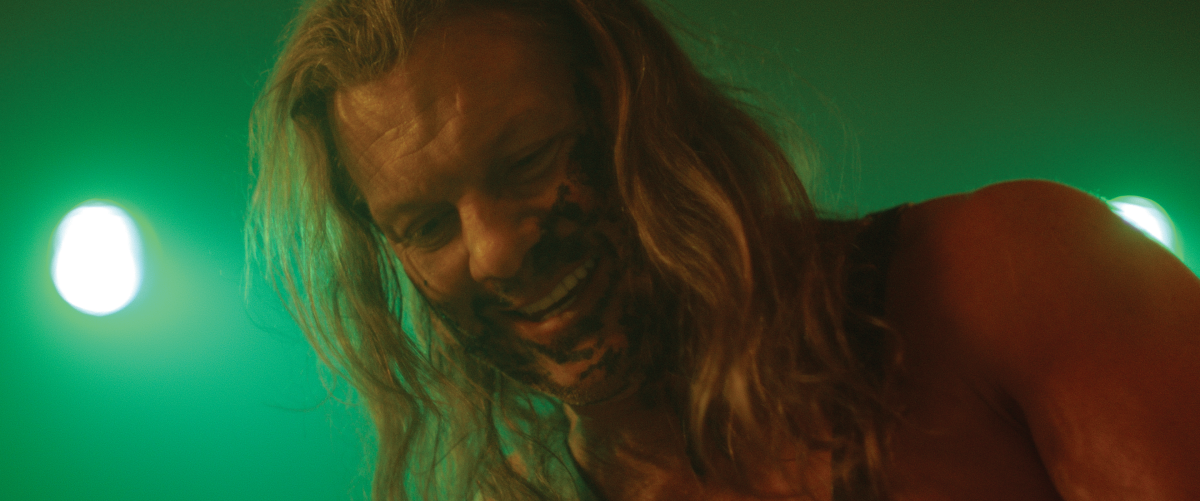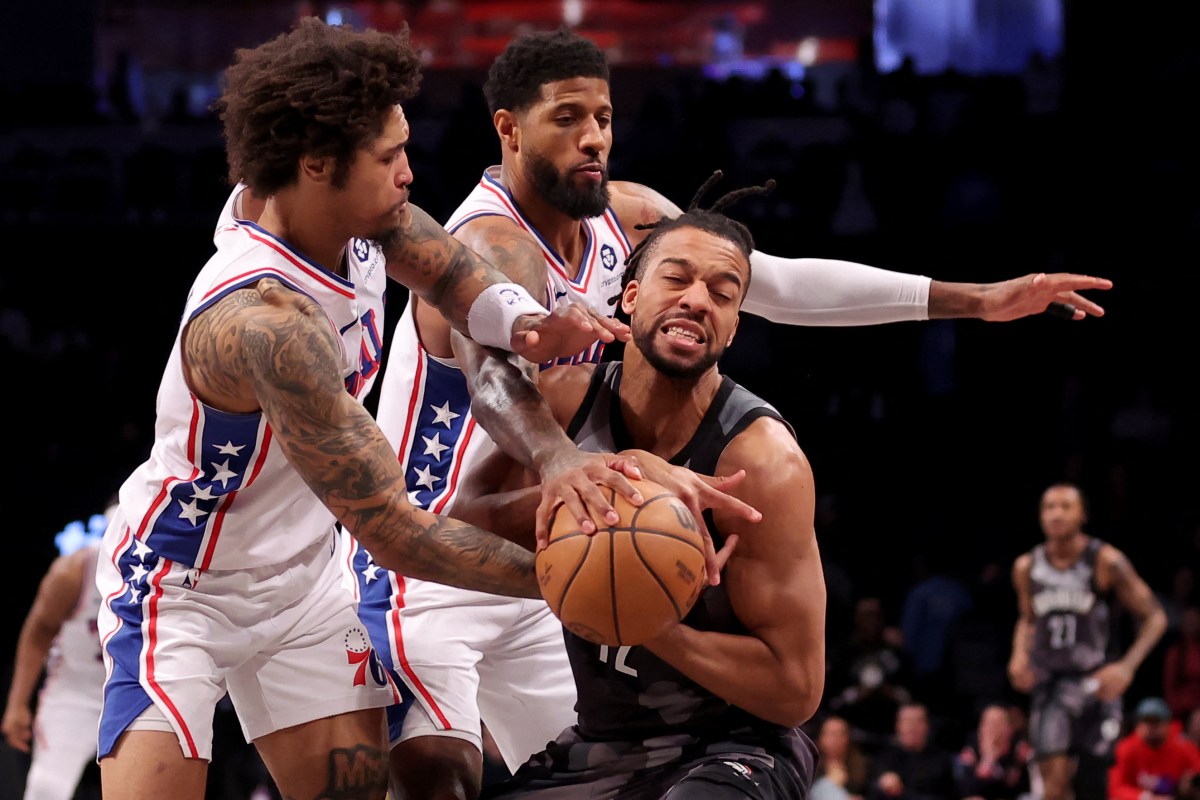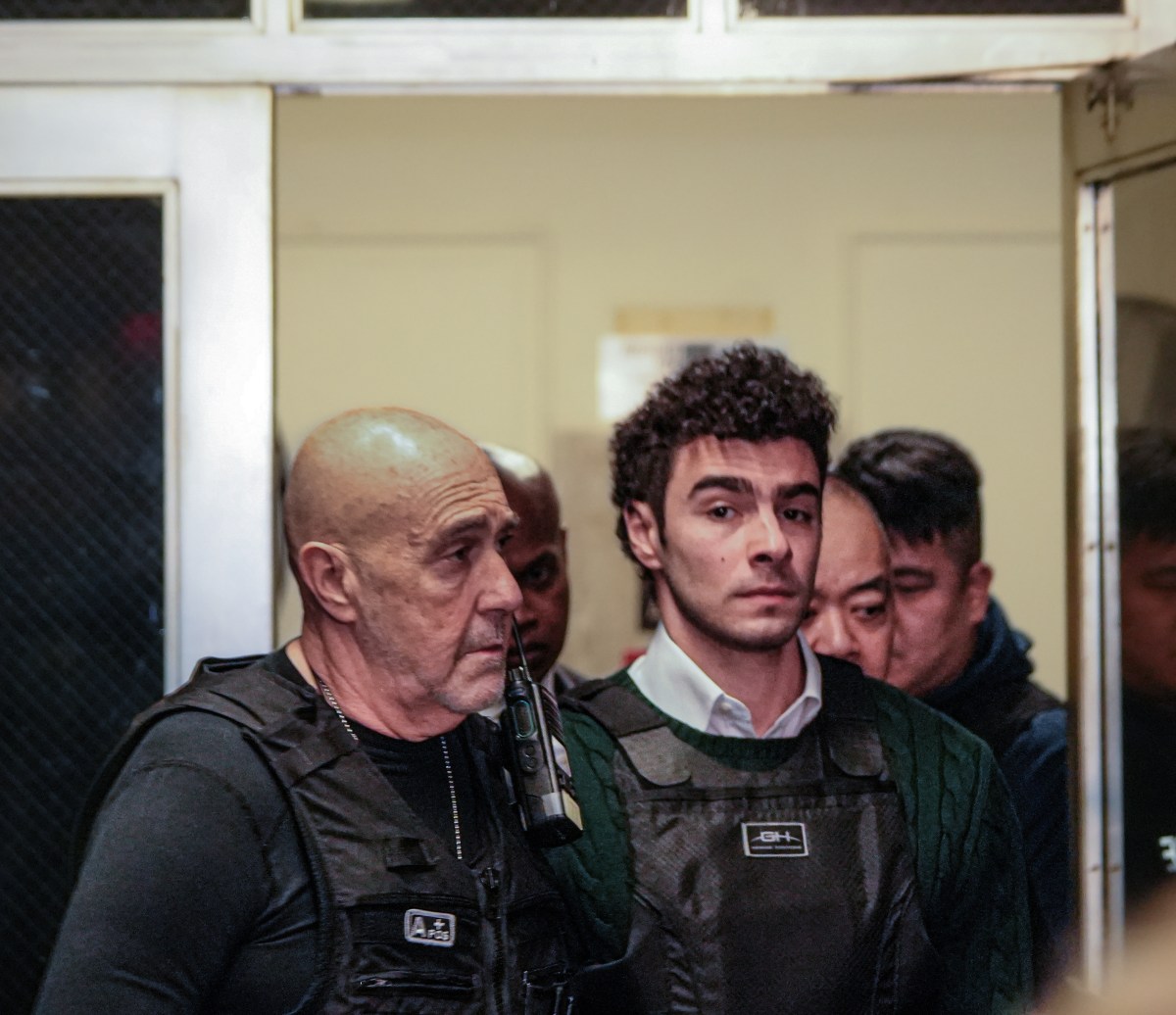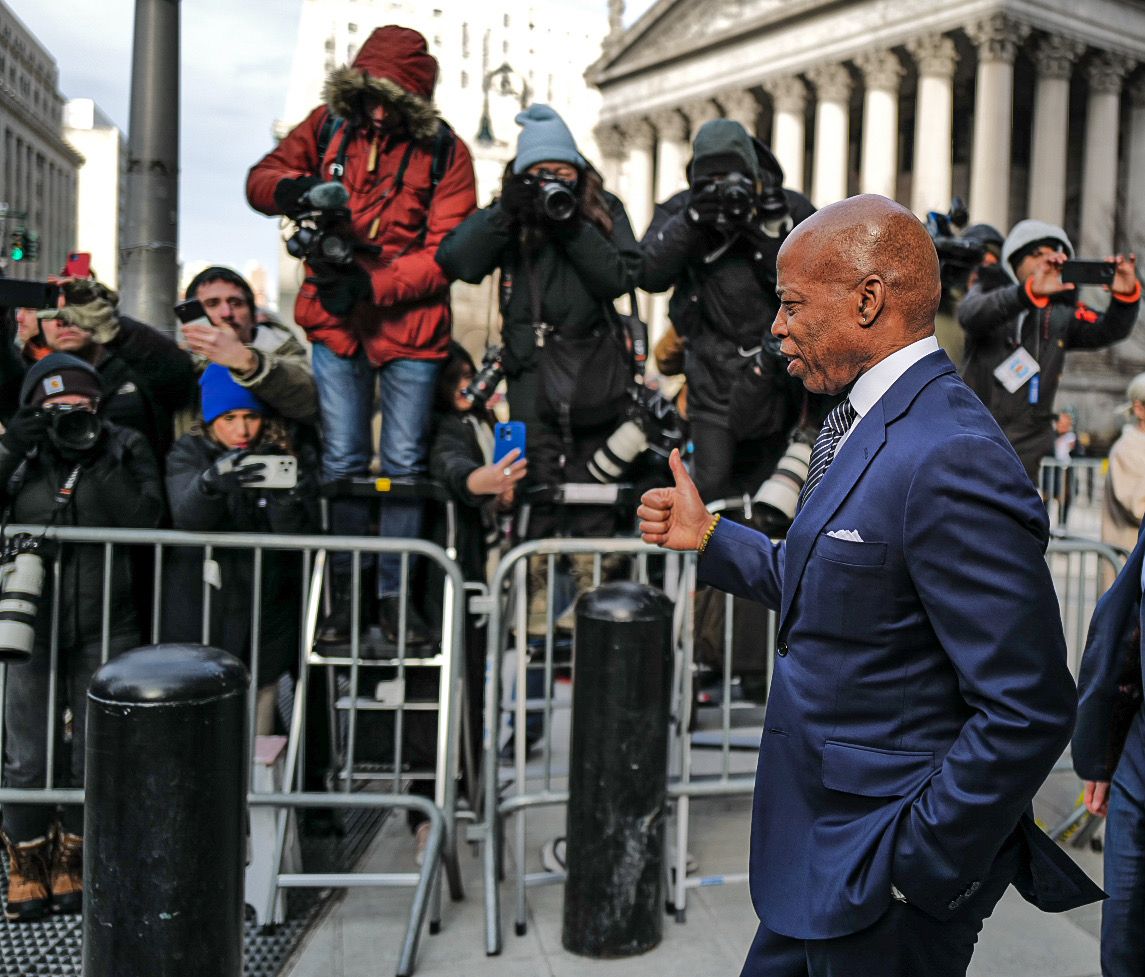‘My Cousin Rachel’
Director: Roger Michell
Stars: Rachel Weisz, Sam Claflin
Rating: PG-13
3 (out of 5) Globes
It begins with one of those delayed introductions. For the first 20 minutes of the period piece/thriller “My Cousin Rachel,” we hear about but don’t see the titular character. It offers the same sick excitement we get in films like “The Silence of Lambs,” whose opening stretch keeps talking up this guy Hannibal Lecter. Rachel might even be every bit his equal. Our hero, Philip (Sam Claflin), an orphan turned the Victorian era’s equivalent of a trust fund kid, is convinced this woman he’s never met has killed her husband, aka his beloved cousin (also played by Claflin). Philip’s mad with vengeance, and as he tracks her down, knives sharpened for a comeuppance (or at least a stern talking-to), he paints the narration track red with his blood lust.
And after such a prolonged and intense fanfare, what do we get? Rachel Weisz, at her most charming and endearingly awkward. Who couldn’t love Rachel Weisz?
Philip can’t resist her either. And so we’re forced to spend the entire film asking: Are Rachel’s cool vibes an act? Or is she ready to make Philip — whose 180 is so complete that he soon gives her his wealth and, he hopes, his hand in marriage — her next victim? “My Cousin Rachel” is in no hurry to provide an answer. There’s really a few things about Rachel that seems fishy, notably how adamant she is about giving Philip some mystery “healthy” tea. When he gets sick, it still seems like it could be a coincidence. Unless it’s not. But what if it is?
This mega-ambiguity, this almost sadistic desire to frustrate viewers hungry for an answer, is the bread and butter of its creator, Daphne du Maurier, most famous for writing “Rebecca.” Alfred Hitchcock made the Best Picture-wining adaptation of that one, as well as a very, very loose take on her “The Birds.” But the Hitch “My Cousin Rachel” most closely resembles is “Suspicion,” in which Joan Fontaine wonders if her dashing new husband (Cary Grant) is trying to poison her. (That film came out nine years before du Maurier wrote “My Cousin Rachel.” One wonders if she was inspired by it, right down to the possibly poisonous beverages.)
Hitchcock famously shot two ending for “Suspicion”: one where Grant was innocent, one where he was guilty. Without giving it away, “My Cousin Rachel” finds a third option. But it’s not a film that lives or dies by the final twist. The fun lies in the way it quietly drills into your head. There’s a 50-50 chance Rachel did it, and you can sense the sadistic glee Michell has in directing it not like a thriller but as just a keyed-up episode of “Masterpiece Theatre,” only shorter and with a token PG-13 movie f-bomb.
In a way it’s not really about Rachel at all. It’s about Philip. As our protagonist and narrator, he’s a close cousin to Humphrey Bogart in Nicholas Ray’s “In a Lonely Place.” In that film Bogie’s alkie screenwriter is innocent of the film’s central murder mystery, but we ultimately realize that’s beside the point; we come to realize he’s so unhinged that he could have done it even if he didn’t. Philip is no murderer either, but as played by a terrifically snotty and abrasive Claflin, he’s at worst a cad, at best a fool. “I don’t like books, cities, clever talk,” he moos in the opening minute, sounding both like a rebel of the fussy Victorian era and also like a present-day Trump voter. The way he jumps to conclusions — the fire with which he first pursues Rachel’s blood, and the quickness with which he then falls for her — makes him both a terrible detective and a casual sexist. First he can’t wait to destroy a woman, then he can’t wait to own her. “My Cousin Rachel” makes you think you’re trying to figure out whether Rachel done it, but the character who really needs investigating has been in front of you all along.
Follow Matt Prigge on Twitter @mattprigge

